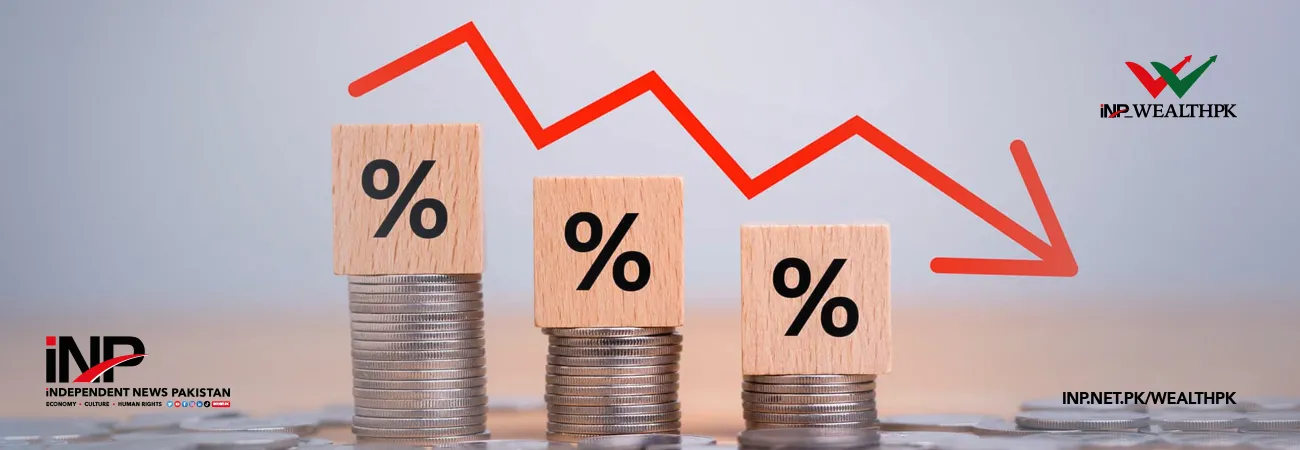INP-WealthPk
Amir Khan

The government borrowed an unprecedented amount despite a high interest rate of 22% in the financial year 2023-24, which exceeded the budget estimates by a fair margin, and significantly increased the debt servicing costs. Talking to WealthPK, Dr Tahir Mehmood, the State Bank of Pakistan’s Memorial Chairperson, stressed a significant increase in borrowing for FY24. He stated that the government's borrowing during the ongoing fiscal already exceeded the combined total of the previous two fiscal years. “This surge in borrowing is also expected to drive cost-push inflation in the coming months. The excess borrowing is financed through the printing of money, which contributes to both direct and indirect inflationary pressures,” he explained. He pointed out that the unprecedented borrowing levels highlighted the fiscal challenges and pressures faced by the government in managing its budgetary requirements and economic policies. According to SBP, the government borrowed Rs7.39 trillion from July 2023 to June 7, 2024.
The government had previously borrowed Rs3.72 trillion in FY23 and Rs3.49 trillion in FY22, reflecting substantial spending even as the development budget was cut to meet other expenses. The FY24 budget had projected Rs7.21 trillion for domestic debt servicing and Rs1.04 trillion for foreign debt servicing. For FY25, the allocations rise to Rs8.736 trillion and Rs1.04 trillion, respectively, totalling at Rs9.77 trillion. Despite estimates of a 30% revenue increase in FY24 and a 40% rise in FY25, experts doubt the government will meet the Rs12.97 trillion tax collection target for FY25, which has already missed the Rs9.41 trillion target for FY24. Talking to WealthPK, Mumtaz Hussain Shah, Joint Secretary at the Finance Division, said that this significant level of borrowing reflected a notable fiscal expansion, spurred by the government's increased demand for funds, which is likely influenced by factors such as heightened public spending, revenue deficits, or economic stimulus initiatives.
Talking to WealthPK, a senior official from the Ministry of Finance cautioned that the government's excessive borrowing could hinder economic growth. He explained that debt servicing was consuming the entirety of tax revenue, leaving minimal funds for development projects. “Additionally, banks are benefiting from secure investments in government securities, which is marginalising the private sector,” he noted. In light of the recent reduction of the interest rate to 20.5%, the business community is advocating for additional cuts to align more closely with the current inflation rate of 11.8%. They propose that an ideal interest rate would fall between 13 and 14%, which they believe would better support economic growth and stability.
Credit: INP-WealthPk













